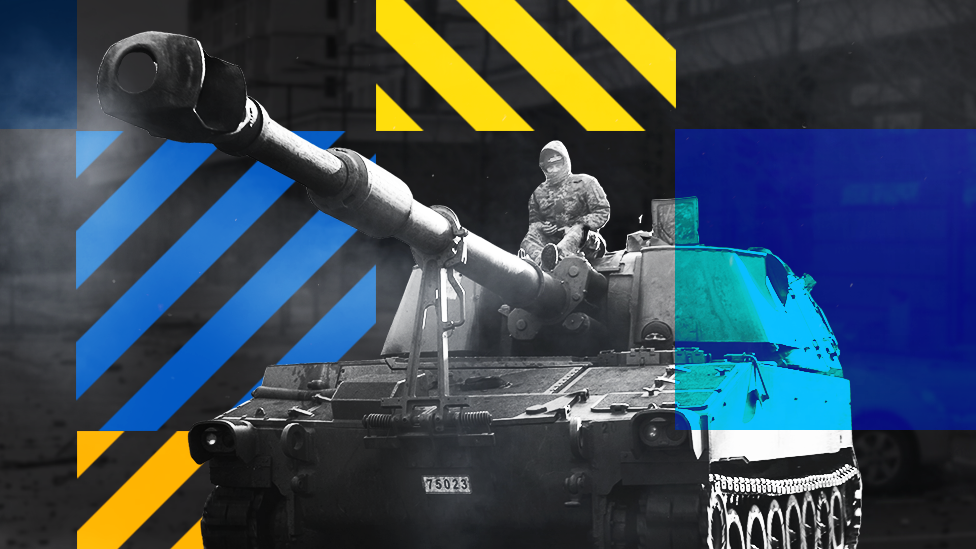Ukraine daily round-up: Abramovich suffered suspected poisoning at talks
- Published

The Chelsea FC owner has now recovered, sources say
It was another day of busy developments in Ukraine on Monday - with one story grabbing immediate attention.
Sources close to the Russian billionaire Roman Abramovich said he had suffered symptoms of a suspected poisoning following peace talks on the Ukraine-Belarus border earlier this month.
The Chelsea FC owner - who has now recovered - reportedly suffered sore eyes and peeling skin.
A report in the Wall Street Journal, external said the alleged poisoning was orchestrated by hardliners in Russia who wanted to sabotage the talks.
Both Ukrainian and American officials have played down the reports.
However, our security correspondent Frank Gardner says it would hardly be surprising that the US would want to dampen down suggestions that anyone - especially Russia - had used a chemical weapon in Ukraine, as this could push them into retaliatory action that they are extremely reluctant to take.
You can read the full story here: Abramovich suffered suspected poisoning at talks

Zelensky open to neutrality in talks
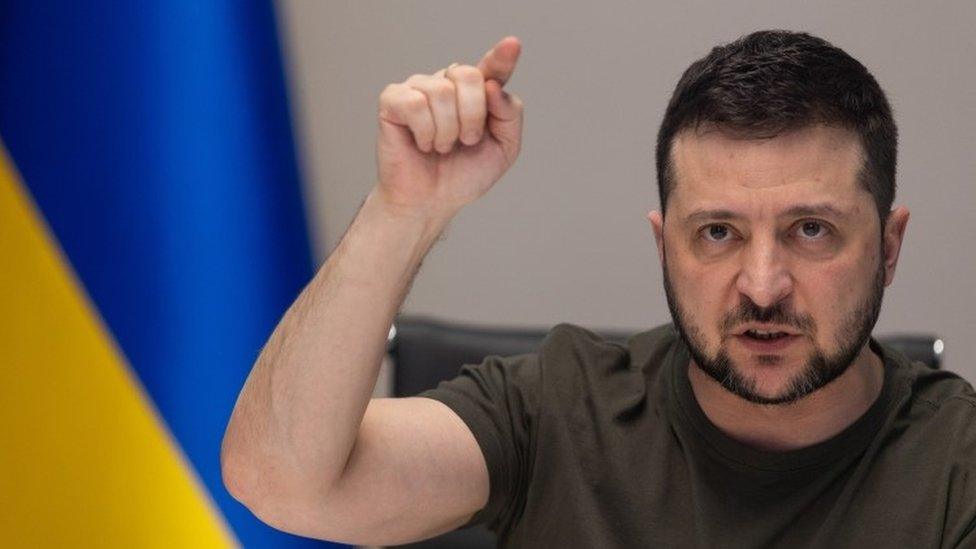
Zelensky said any such deal would have to be put to a referendum in Ukraine
Earlier in the day, President Volodymyr Zelensky said his government was prepared to discuss adopting a neutral status as part of a peace deal with Russia.
Neutrality means a country does not ally itself militarily with others.
In an interview with independent Russian journalists, Mr Zelensky said any such deal would have to be put to a referendum in Ukraine.
He has made similar comments before, but rarely so forcefully.
The news comes as the negotiations between the two countries are set to resume on Tuesday in Turkey.
"Security guarantees and neutrality, non-nuclear status of our state. We are ready to go for it. This is the most important point," Mr Zelensky said in the 90-minute video call.

Anti-war Russians intimidated on their doorsteps
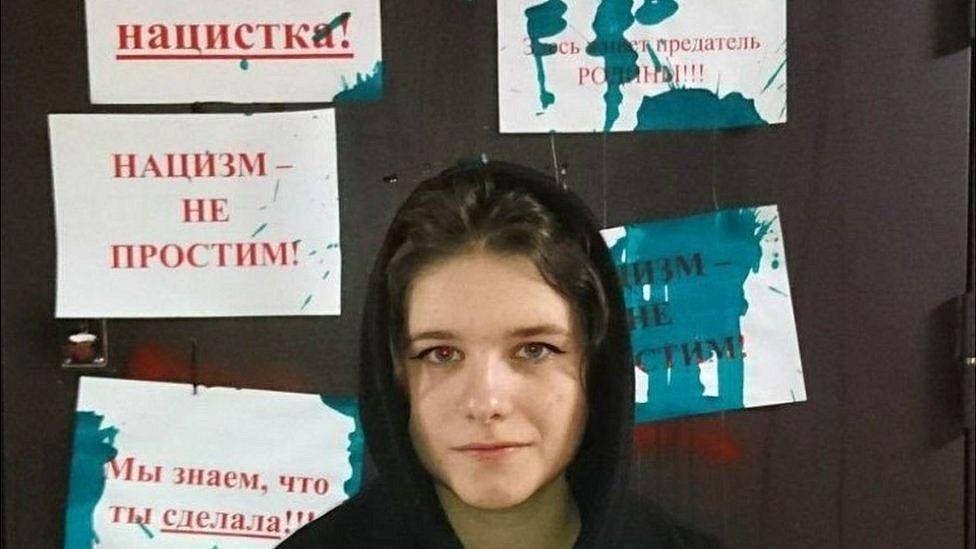
Darya Kheikinen's apartment door was vandalised two nights in a row
Russian activists and journalists speaking out against their country's so-called "special military operation" in Ukraine have had their homes vandalised by unknown pro-Kremlin figures.
Apartment doors have been daubed with threatening graffiti labelling the people inside a "traitor", with messages featuring the letter "Z" - a pro-Kremlin symbol of Russia's war in Ukraine.
Other examples are even more extreme. In one case, a leading Russian journalist discovered a pig's head wearing a wig on his doorstep with an anti-Semitic sticker stuck to his door.
Alexei Venediktov, the long-time editor of radio station Ekho of Moscow before it stopped broadcasting due to increased Russian censorship, posted photos of the vandalism, pointing out the irony of an anti-Semitic attack happening in the "country that defeated fascism".
Such vandalism is a sign of the increasingly intimidating atmosphere in Russia for those people who publicly express their opposition to the war in Ukraine.

Russia accused of transferring thousands of civilians
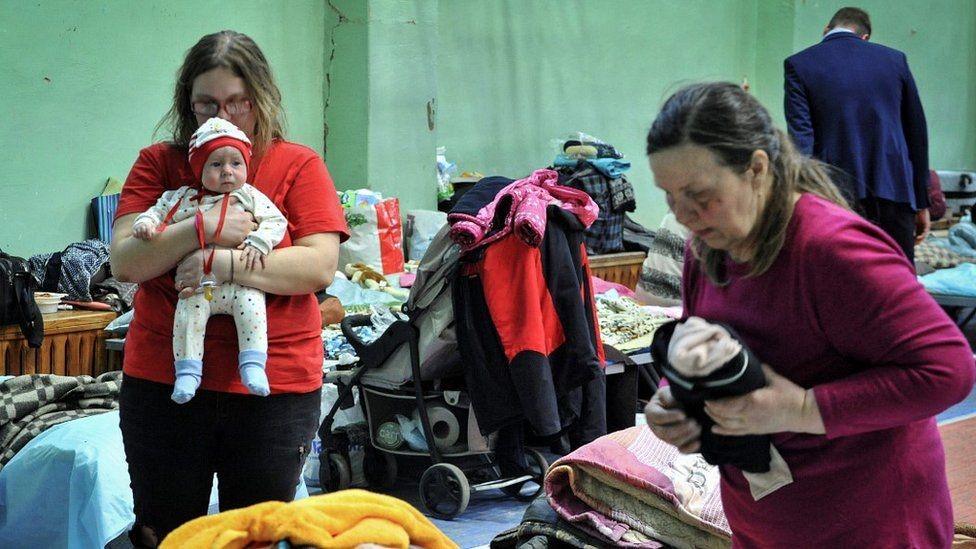
Dozens of refugees are now housed in a sports centre in Taganrog, Russia, east of Mariupol
Ukraine accused Russia of forcibly relocating thousands of civilians from Mariupol, the strategic port city devastated by Russian shelling.
Russia is housing an estimated 5,000 at a temporary camp in Bezimenne, east of Mariupol, seen in satellite images.
Ukraine's Deputy Prime Minister Iryna Vereshchuk said 40,000 had been moved from Ukraine to Russian-held territory without any co-ordination with Kyiv.
A Mariupol refugee, now in Russia, said: "All of us were taken forcibly".
Some Ukrainian officials describe Russia's actions as "deportations" to "filtration camps" - an echo of Russia's war in Chechnya, when thousands of Chechens were brutally interrogated in makeshift camps and many disappeared.

Civilians trapped in Chernihiv
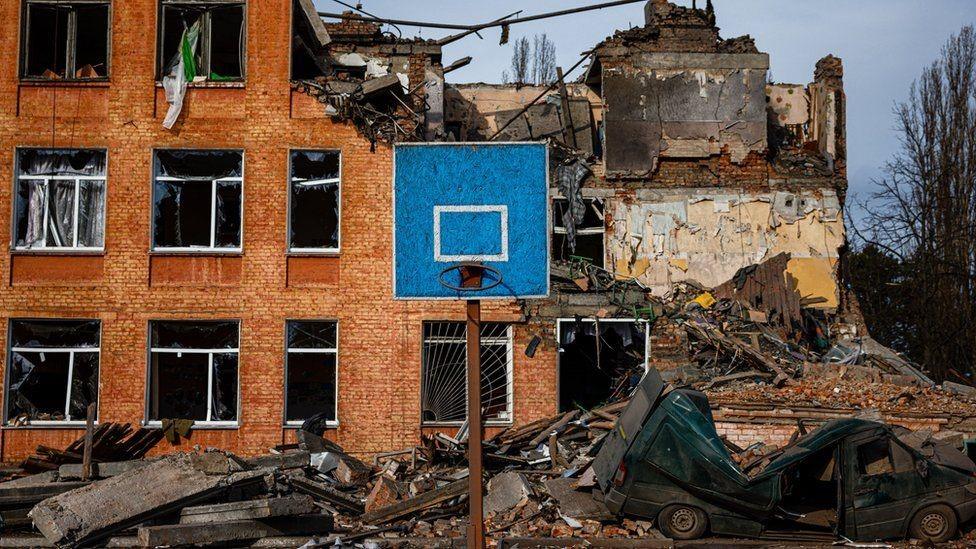
A school building that was partially destroyed by Russian shelling in the city earlier this month
The northern Ukrainian city of Chernihiv has been almost completely encircled by Russian forces and left without electricity, gas or running water. Tens of thousands of people remain trapped. Some have described civilian buildings and residential areas being deliberately targeted.
The strikes are so frequent that Anna and her husband take turns in watching the sky. He does the nights, she does the mornings. "The attacks are extremely loud. The building and windows shake a lot," she said. It is impossible to sleep. "Only when you're exhausted, because your brain just turns off."
The couple, and probably everyone else left in Chernihiv, spend most of their time hiding behind thick walls. "Thank God we have them," Anna said. Their son, who is 12, rarely ventures outside. "He's in panic. Many children are afraid of going out."
Chernihiv, located on the banks of the Desna River, was one of the first targets for Russian troops who invaded Ukraine from Belarus, hoping to quickly reach the capital Kyiv, just 144km (90 miles) to the south. A month on, that has not happened, and they have now effectively surrounded the city.
Civilians are trapped with no running water, electricity and heating, and under relentless bombing and shelling. And like Mariupol, the besieged city on the Sea of Azov that has seen the worst of Russia's brutality, very little seems to remain untouched.

War in Ukraine: More coverage

Related topics
- Published28 March 2022
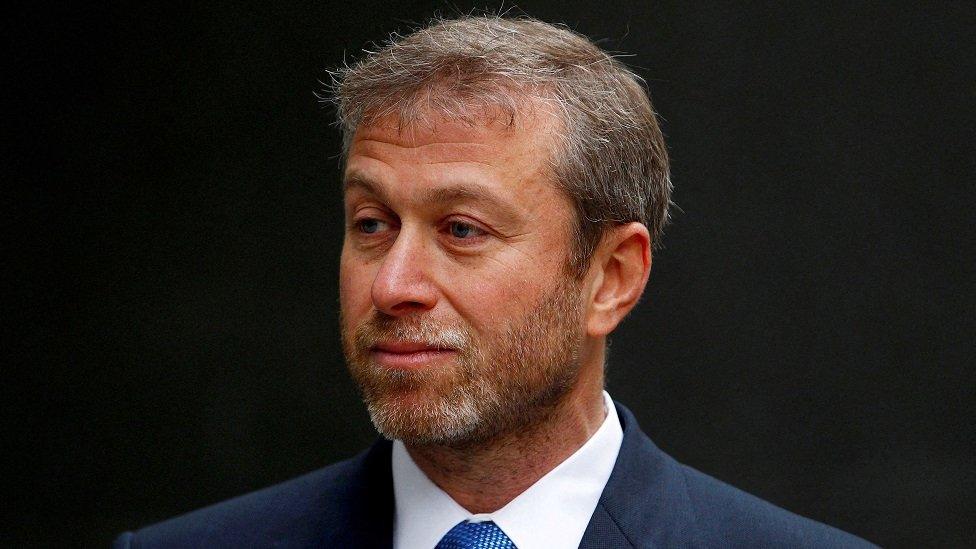
- Published28 March 2022
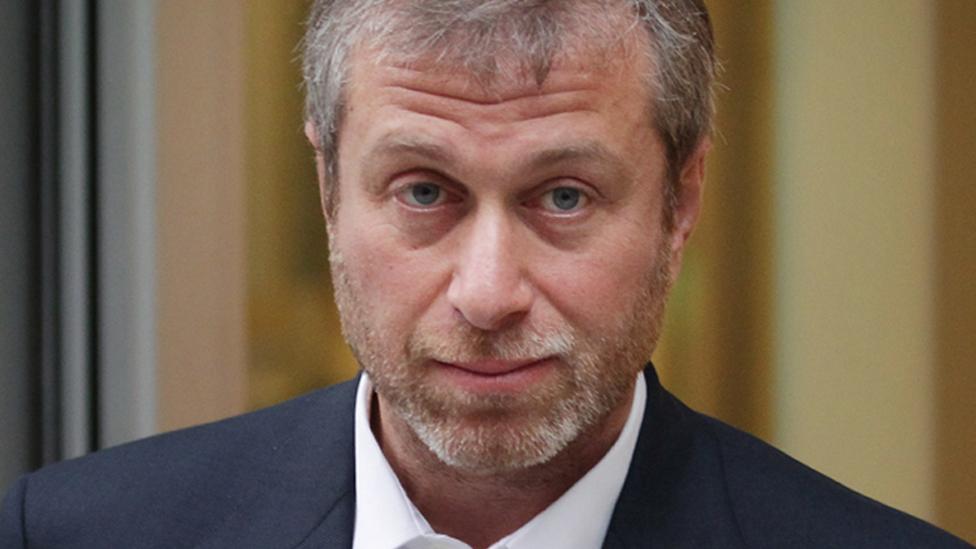
- Published20 July 2023
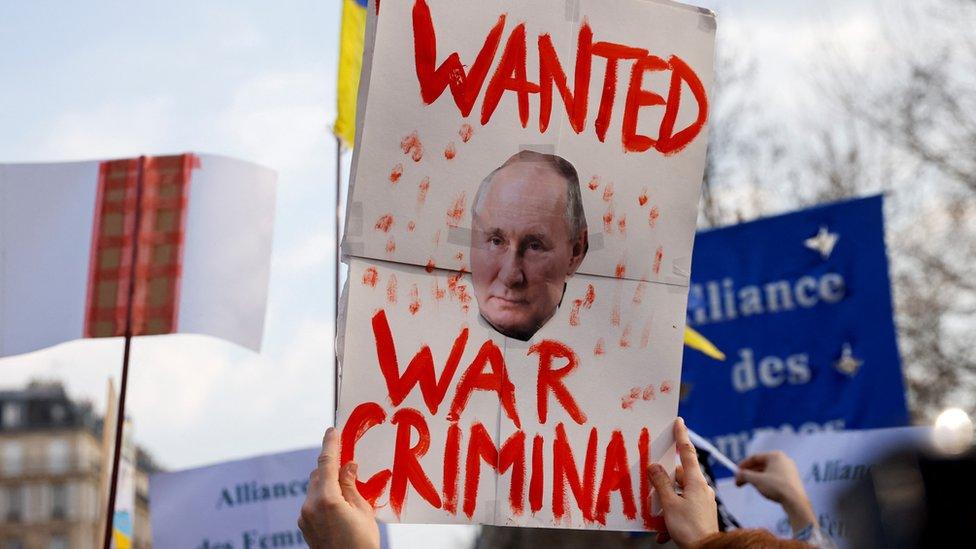
- Published24 February 2023
